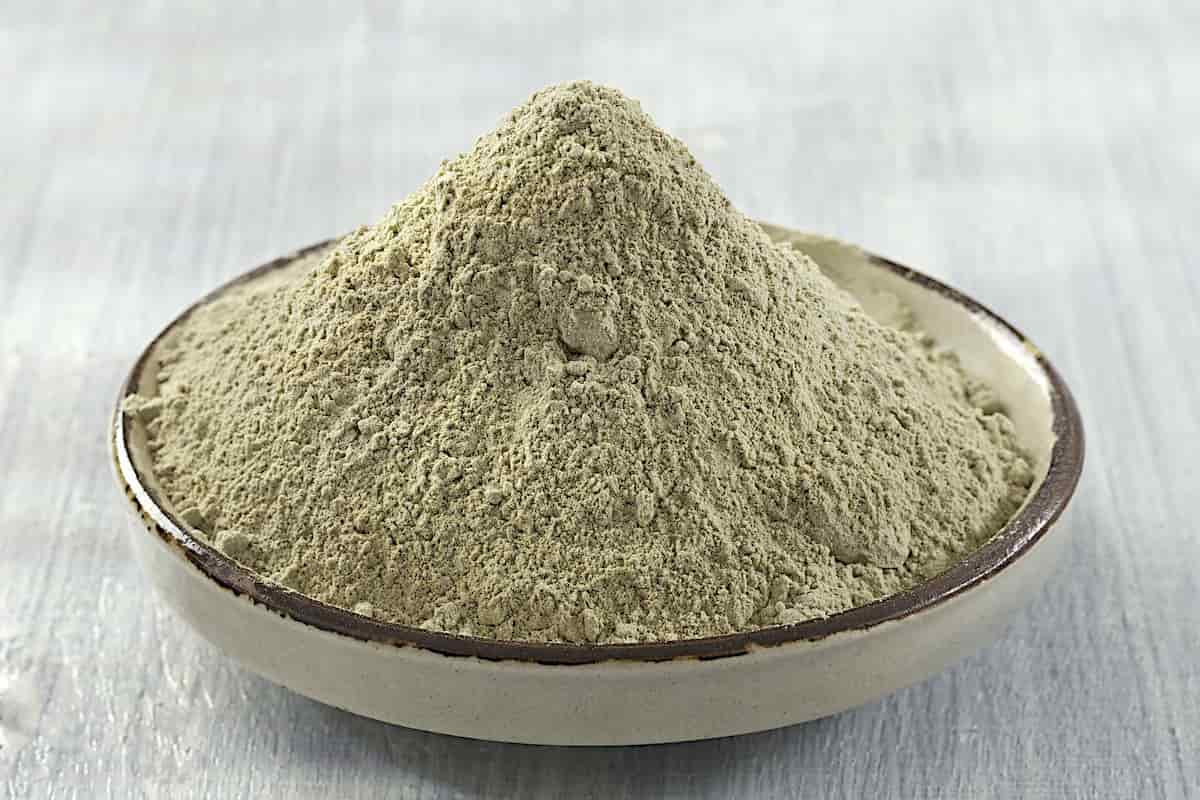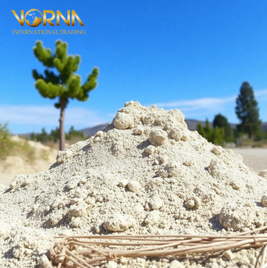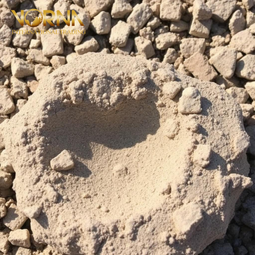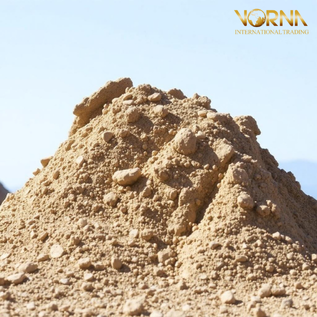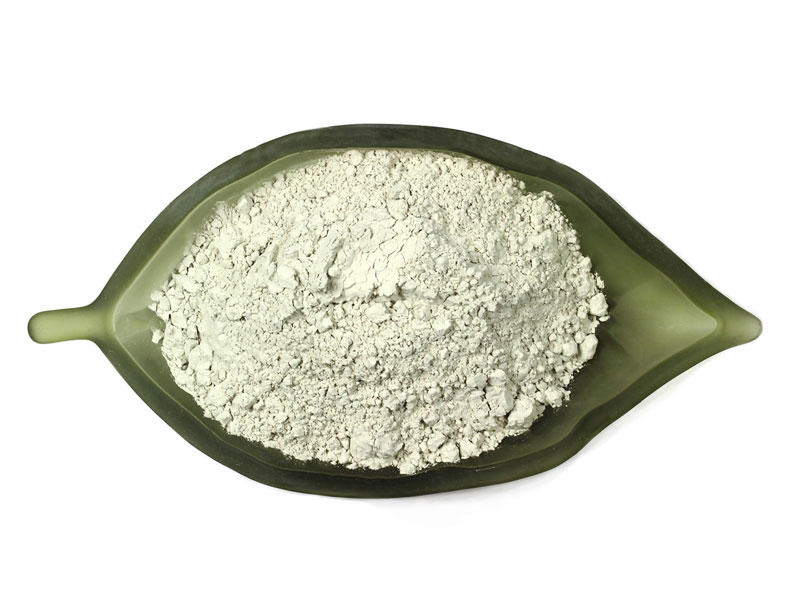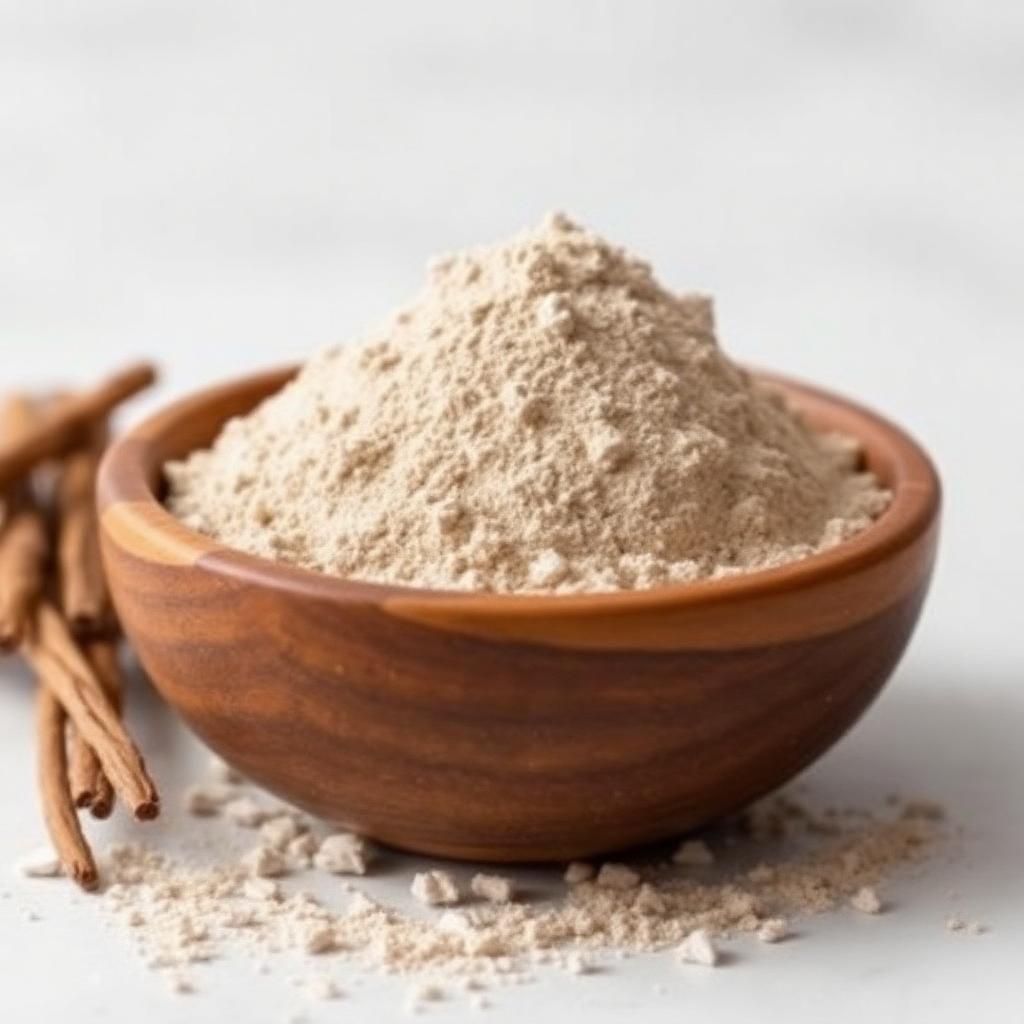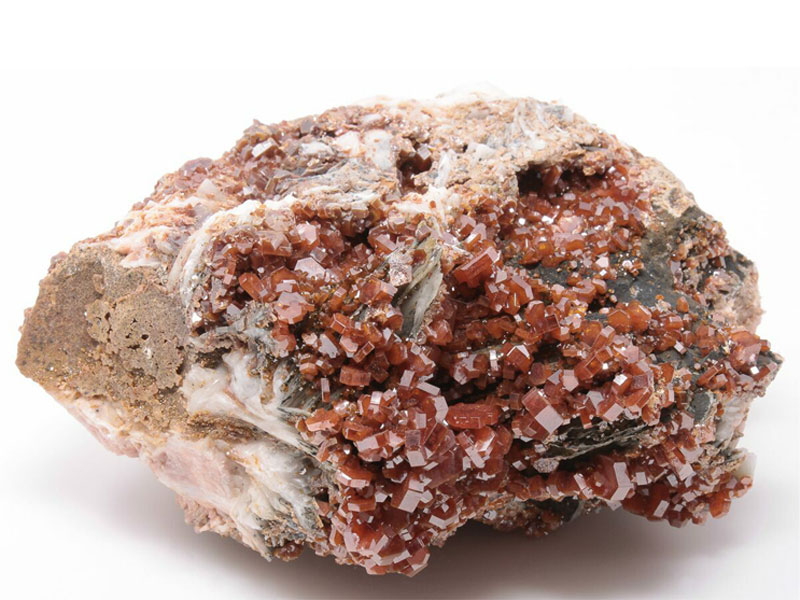What is Bentonite Clay?
Bentonite is a highly absorbent natural clay mineral that is widely used in various industries due to its unique physical and chemical properties. It is primarily composed of montmorillonite, a type of smectite clay known for its ability to absorb water and expand. Bentonite’s versatility comes from this swelling capability, along with its high surface area and cation-exchange capacity, making it useful in applications ranging from drilling fluids to cosmetics, agriculture, and environmental sealing.
Want to know Bentonite Price ?
Bentonite Clay Composition
The core mineral in bentonite clay is montmorillonite, which belongs to the smectite group. This gives the clay its signature layered structure and high cation exchange capacity. It is capable of swelling several times its volume when hydrated, forming a gel-like substance. The clay often contains trace amounts of minerals such as calcium, sodium, potassium, magnesium, and iron. These minerals influence how the bentonite behaves in various applications.
Bentonite Clay Properties
Important physical characteristics of bentonite clay include:
- High water absorption and swelling ability
- Strong adsorption of impurities and toxins
- Gel formation and thickening in liquid
- Thermal stability and plasticity under pressure
Types of Bentonite Clay
There are several types of bentonite clay, each categorized based on the predominant exchangeable ion in its structure.
Bentonite clay is widely appreciated not only for its cleansing abilities but also for its benefits in hair care. Many use bentonite clay for hair treatments to deeply detoxify the scalp, remove buildup, and strengthen hair naturally.
Sodium Bentonite Clay
This type swells dramatically upon contact with water, forming a thick, viscous gel. Sodium bentonite clay is ideal for applications in drilling, waterproofing, and sealing because of its excellent sealing and absorption properties.
Calcium Bentonite Clay
Calcium bentonite, also called “fuller’s earth,” does not swell as much as its sodium counterpart but is rich in essential minerals. Calcium bentonite clay is commonly used in cosmetics, personal care, and natural detox products.
Potassium Bentonite Clay
This less common variant of bentonite clay is primarily used in ceramics, paper production, and specialized chemical applications where potassium enhances product properties.
also know about: What is OCMA Bentonite
Risks of Bentonite Clay
While bentonite clay offers numerous benefits, there are potential risks and precautions to consider:
- Ingesting non-food grade clay can introduce harmful contaminants
- Excessive internal use may cause constipation or mineral imbalance
- Inhaling bentonite dust may irritate lungs and airways
- People with certain health conditions should consult a doctor before use
- Long-term use without medical supervision is not recommended
Always use high-quality bentonite clay products from trusted suppliers like Vornaco to ensure safety and effectiveness.
Bentonite Clay Uses
Bentonite clay is widely used across various industries due to its swelling, sealing, and absorption properties. From oil drilling and construction to wastewater treatment and metallurgy, bentonite clay serves as a critical material in both heavy-duty and precision-based applications. Companies like Vornaco supply high-performance bentonite solutions tailored for industrial needs.
Drilling and Oilfield Use of Bentonite Clay
One of the most important uses of bentonite clay is in oil and gas drilling. Sodium bentonite serves as a component in drilling muds, helping to lubricate drill bits, cool the equipment, and stabilize the borehole walls. Its ability to carry cuttings and maintain hydrostatic pressure makes it a staple in the drilling industry.
One of the largest uses of bentonite is in the oil and gas drilling industry(Check out Bentonite Clay Drilling Mud). Bentonite is added to drilling fluids or “mud” to increase viscosity, suspend cuttings, and seal the walls of boreholes. The swelling property of sodium bentonite helps to form an impermeable layer that prevents fluid loss during drilling, reducing environmental impact and operational issues.
Bentonite Clay in Foundries and Metal Casting
In the metal casting industry, bentonite clay acts as a binder for mold-making sand. It improves the mold’s strength, thermal resistance, and shape integrity, leading to high-quality castings with fine surface finishes.
Bentonite Clay for Construction and Civil Engineering
Because of its swelling and sealing properties, bentonite clay is extensively used in building foundations, tunneling, underground barriers, and dam construction. It creates impermeable barriers that prevent water leakage and soil erosion.
Environmental Protection with Bentonite Clay
Bentonite clay is a key material in environmental engineering. It is used to line landfills, hazardous waste containment areas, and wastewater lagoons. The clay’s ability to adsorb toxins, heavy metals, and radioactive particles helps reduce environmental pollution and safeguard groundwater supplies.
Bentonite Clay in Agriculture and Animal Feed
In agriculture, bentonite clay enhances soil structure and improves water retention. It is also used as a carrier in fertilizers and pesticides. In animal feed, bentonite binds toxins like aflatoxins, reducing their absorption in livestock and improving animal health.
Health Benefits of Bentonite Clay
Reinforcing earlier sections, bentonite clay is linked to various health improvements, such as:
- Detoxifying the digestive system
- Reducing acne and skin inflammation
- Enhancing oral hygiene and reducing bacteria
- Supporting scalp and hair health
- Minimizing symptoms of diarrhea and stomach discomfort
These benefits are based on its high mineral content and powerful detox properties. Scientific research is ongoing to further validate these claims, but its popularity in holistic health continues to grow.
Bentonite is a versatile natural clay known for its strong absorption properties and mineral content. One of its popular uses is bentonite clay for teeth, which many people use as a natural toothpaste alternative to help detoxify the mouth, whiten teeth, and promote oral health.
How to Use Bentonite Clay?
When using bentonite clay—whether internally or externally—it is important to consider certain precautions to avoid side effects:
- Only use products labeled as food-grade or pharmaceutical-grade for ingestion
- Avoid inhaling dry bentonite dust
- Always hydrate with plenty of water when consuming the clay orally
- Conduct a patch test before applying to skin to check for allergic reactions
- Pregnant and nursing individuals should consult a doctor before use
Bentonite Clay in Cosmetics and Beauty Formulations
Bentonite clay is an essential ingredient in modern natural cosmetics. It acts as a thickener, stabilizer, and purifier in face masks, cleansers, exfoliants, deodorants, and even shampoos. Its ability to balance oil production and enhance skin clarity makes it suitable for all skin types, especially oily and acne-prone skin.
In formulations, bentonite clay is often combined with essential oils, botanical extracts, and other clays like kaolin or rhassoul to enhance product efficacy.
Global Market and Supply Chain of Bentonite Clay
The global market for bentonite clay continues to grow, driven by rising demand in construction, agriculture, and personal care. Major bentonite producers like the U.S., China, India, and Iran export to countries across Europe, the Middle East, and Africa.
Global suppliers such as Vornaco play a pivotal role in stabilizing prices, ensuring quality, and delivering bentonite clay in bulk or custom-packaged forms to meet industry needs. With the rise of eco-friendly materials, bentonite remains a sought-after natural solution for both commercial and consumer markets.
How Does Bentonite Clay Work?
Bentonite clay works through adsorption and absorption. It adsorbs toxins, heavy metals, and other impurities by attracting them to its negatively charged surface. Once bound, these substances can be flushed from the body or removed from the environment. The clay also swells with water, forming a gel that can act as a barrier or lubricant depending on the application.
In cosmetics and health products, it cleanses by physically lifting impurities from the skin or digestive tract. In construction, it forms a waterproof barrier. These multifaceted capabilities make bentonite clay invaluable across many industries.
For efficient drilling operations, using Barite Drilling Mud instead of bentonite can improve performance and stability.

